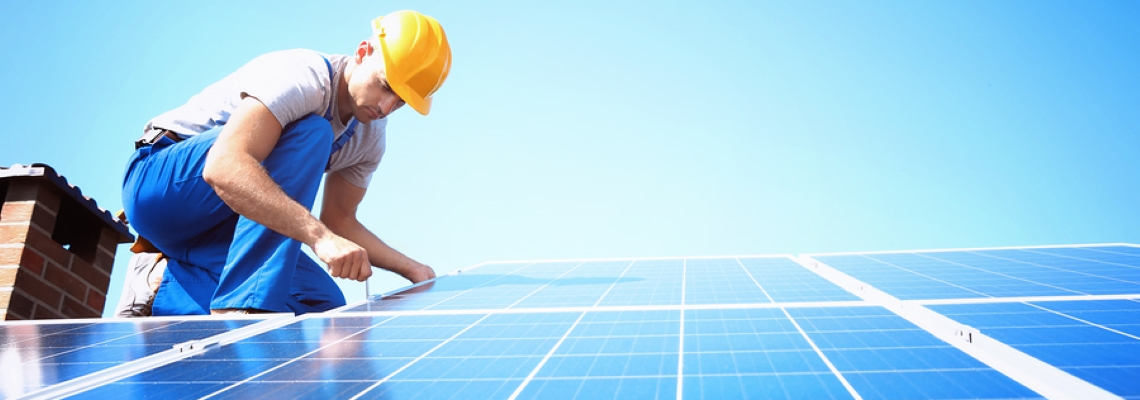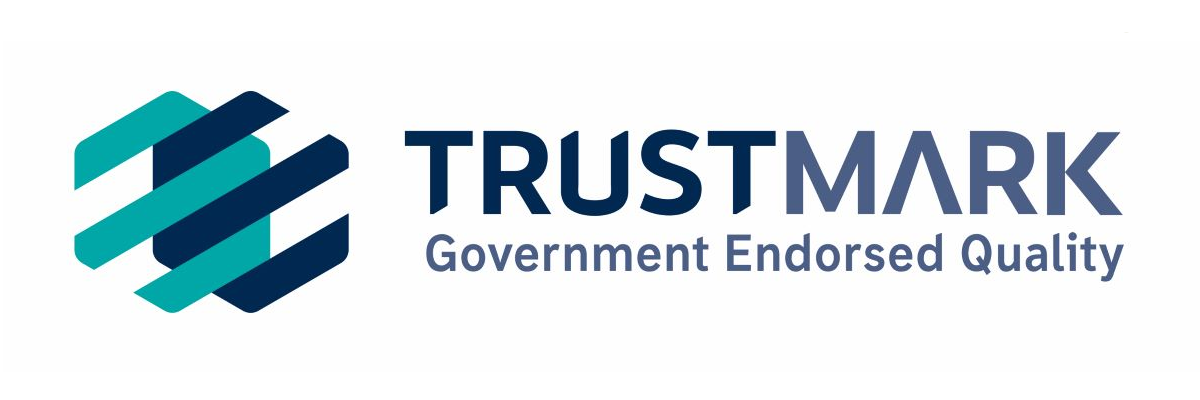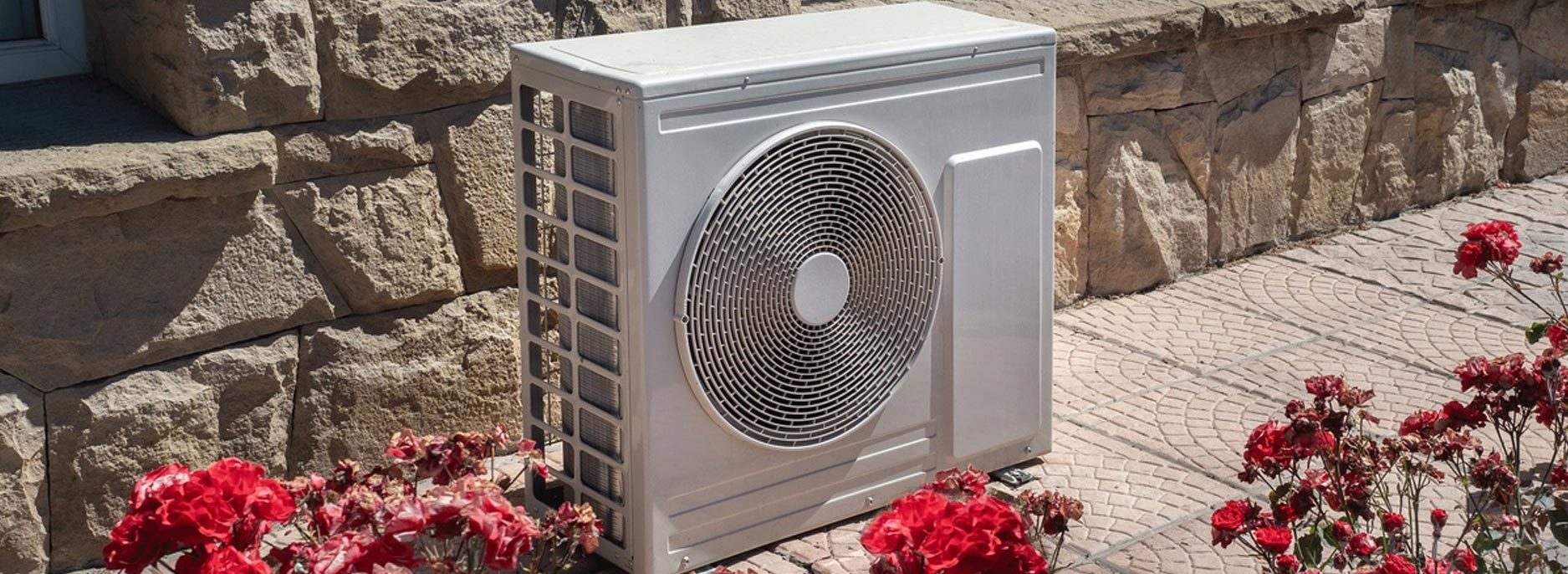The UK government has given renewable heating installers a boost by introducing Green Homes Grants.
Through the scheme, homeowners will receive government funding to cover up to two-thirds of the cost of improving the efficiency of their property. It will run between September 2020 and March 2021 and entitle eligible households to up to £5,000. Improvements covered by Green Homes Grants include the installation of renewable heating systems to increased insulation.
Around 600,000 UK homes are expected to benefit from the scheme. And, as a result, renewable energy installers stand to see increased demand for their services.
What is the Green Homes Grants scheme?
The Green Homes Grants scheme is part of a wider £3 billion government investment to increase the efficiency of buildings and cut carbon emissions. Through the scheme, which accounts for £2 billion of the ‘green investment’ package, households will receive vouchers to improve the efficiency of their property.
Green Homes Grants are split into 2 categories: Primary Green Homes Grants and Secondary Green Homes Grants.
Primary Green Homes Grants are available to cover up to two-thirds of the cost of a renewable heating system or added insulation.
Renewable heating systems covered by the grant include:
- Air source heat pumps
- Ground source heat pumps
- Solar thermal
Meanwhile, the types of insulation include cavity wall, solid wall, underfloor and roof.
After receiving a primary Green Homes Grant, homeowners can then apply for a secondary grant. The secondary Green Homes Grant can cover additional energy saving measures, such as:
- Replacing single glazing with double/triple glazing or secondary glazing
- Energy efficient doors
- Heating controls
Note: The secondary Green Homes Grant can not exceed the total value of the primary grant.
Why has the government launched the scheme?
For the UK to achieve net zero carbon emissions by 2050 the efficiency of many households must improve.
Around 20% of all UK carbon emissions come from home heating systems. Making it a problem area that needs to be addressed. In addition to our reliance on fossil fuels, such as gas and oil, the insulation of UK homes is widely regarded as amongst the poorest in Europe. It’s hoped that Green Homes Grants will improve the efficiency of around 600,000 UK homes.
While past schemes, such as the Renewable Heat Incentive (RHI), went some way to encouraging homeowners to adopt renewable technology, the homeowner still faced substantial upfront costs. Rather than rewarding homeowners for installing renewables, Green Homes Grants will help with the initial costs making renewable energy accessible to more people.
By making such a considerable investment to improve the green credentials of households many benefits stand to come from it:
- Improved efficiency of around 600,000 homes
- Supporting over 100,000 jobs in green construction
- Reduced carbon emissions
- Helping homeowners to save money on their energy bills
Which homeowners are eligible for a Green Homes Grant?
The Green Homes Grants scheme (for funding up to £5,000) is open to any of the following:
- All owner-occupied homes (including long-leaseholders, shared ownership)
- Landlords of private rented sector domestic properties
- Landlords of social sector domestic properties (including LA owned homes)
- Park home owners (for residential sites including Gypsy and Traveller sites)
It’s worth noting that new-build properties (domestic and non-domestic) are not eligible.
The Green Homes Grants low-income scheme (offering grants of up to £10,000 to only owner-occupied properties and park homes) is available to homeowners in receipt of certain benefits.
Register to complete work under the Green Homes Grant
To complete work under the Green Homes Grant scheme, renewable energy installers must be registered with TrustMark. You must also be certified by the Microgeneration Certification Scheme (MCS) for the specific technology.
You can register with TrustMark on their website by providing a few company details. Accreditation can be confirmed in as little as 5 working days if your company is already recognised by any of the following bodies:
- Microgeneration Certification Scheme
- The Federation of Master Builders
- The Cavity Insulation Guarantee Agency
- Building Engineering Services Association
Renewable installers are also required to meet Publicly Available Specification Standards (PAS) 2030: 17 or be registered to PAS 2030: 2019.
Connect with homeowners looking for installers
When homeowners are receiving their vouchers, they will be looking for certified renewables installers to carry out the work. And the easiest way to connect with them is through Boiler Guide.
We’ve built a reputation as a reliable source of information for homeowners looking to make their home more efficient. Over 2 million people visit our websites each year and those looking for installers can do so by completing a simple online form.
These leads then go through our qualifying process. Once we’ve confirmed the enquirer is happy to be contacted by installers, our qualified renewables leads become available in the installer dashboard.
And it’s completely free to sign up to take a look at the leads available in your area. You can completely tailor your dashboard to suit the type of work you’re looking for and even set up alerts so that you’re the first to know of new work in your coverage area.
There are no subscription or membership fees along the way so you’re free to pay-as-you-go for the leads you want as and when you want them.





